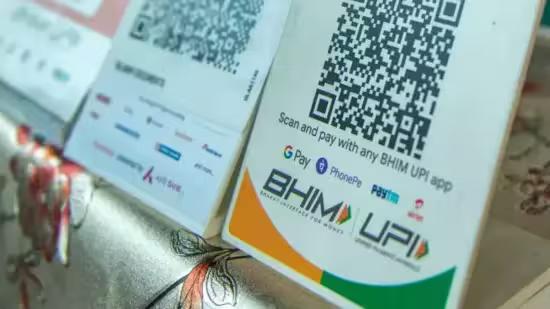
Trinidad & Tobago becomes the first Caribbean nation to adopt UPI
In a significant development, Trinidad and Tobago has become the first Caribbean country to adopt Unified Payments Interface (UPI), India’s flagship digital payment platform. This milestone achievement was marked during Prime Minister Narendra Modi’s two-day official visit to the Caribbean nation. The adoption of UPI is a testament to the growing economic and strategic ties between the two nations, and signals a new era of collaboration in the digital payments space.
UPI is a game-changing technology that enables peer-to-peer transactions, allowing users to send and receive money instantly and securely. With UPI, users can make transactions using various payment modes, including bank accounts, credit cards, and debit cards. The platform has revolutionized the way people make transactions in India, and its adoption by Trinidad and Tobago marks a significant expansion of its global footprint.
The agreement to adopt UPI was signed during PM Modi’s visit to Trinidad and Tobago, which aimed to strengthen economic and strategic ties between the two nations. The visit was marked by various MoUs and agreements, including the one on UPI adoption. The signing of the agreement was witnessed by PM Modi and his Trinidadian counterpart, Dr. Keith Rowley.
The adoption of UPI by Trinidad and Tobago is a significant milestone, not just for the Caribbean nation but also for the global digital payments industry. It marks the first time a Caribbean country has adopted UPI, and sets a precedent for other nations in the region to follow suit. The adoption of UPI is expected to bring several benefits to Trinidad and Tobago, including increased financial inclusion, improved transaction efficiency, and enhanced security.
The agreement to adopt UPI is also part of a broader collaboration between the two nations to implement India Stack solutions. India Stack is a set of digital infrastructure solutions developed by the Indian government, aimed at promoting digital payments, identity verification, and procurement processes. The solutions include DigiLocker, e-Sign, and Government e-Marketplace (GeM), among others.
DigiLocker is a digital locker service that allows users to store and access their documents, such as Aadhaar cards, driving licenses, and PAN cards, digitally. e-Sign is an electronic signature solution that enables digital signing of documents, while GeM is an online procurement platform that enables governments to purchase goods and services digitally.
The agreement to implement India Stack solutions in Trinidad and Tobago is expected to bring several benefits to the Caribbean nation. It will enable the country to digitize its procurement processes, reduce manual errors, and increase transparency and accountability. The adoption of DigiLocker will also enable Trinidadian citizens to access their documents digitally, reducing the need for physical copies.
The adoption of UPI by Trinidad and Tobago marks a significant expansion of the platform’s global footprint. UPI is already available in eight countries, including India, Bhutan, Singapore, United Arab Emirates, Russia, Bahrain, and Nepal. The platform’s global expansion is expected to continue, with several other countries expressing interest in adopting UPI.
The adoption of UPI by Trinidad and Tobago is also a testament to the growing economic and strategic ties between the two nations. The visit by PM Modi to Trinidad and Tobago marks a significant milestone in the relationship between the two nations, and sets a precedent for further collaboration in various sectors, including digital payments, technology, and education.
In conclusion, the adoption of UPI by Trinidad and Tobago is a significant milestone in the digital payments space. It marks the first time a Caribbean country has adopted UPI, and sets a precedent for other nations in the region to follow suit. The agreement to implement India Stack solutions in Trinidad and Tobago is expected to bring several benefits to the Caribbean nation, including increased financial inclusion, improved transaction efficiency, and enhanced security. The adoption of UPI is a testament to the growing economic and strategic ties between India and Trinidad and Tobago, and signals a new era of collaboration in the digital payments space.



